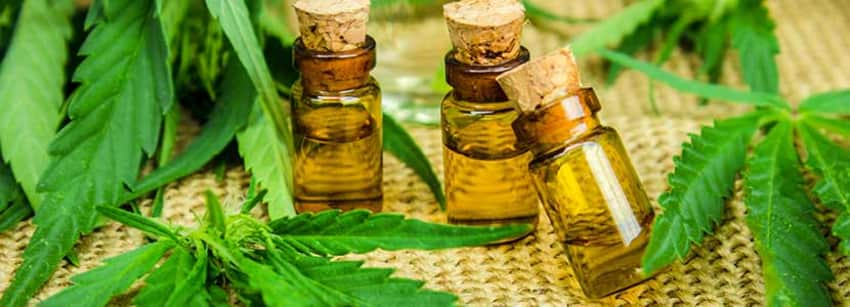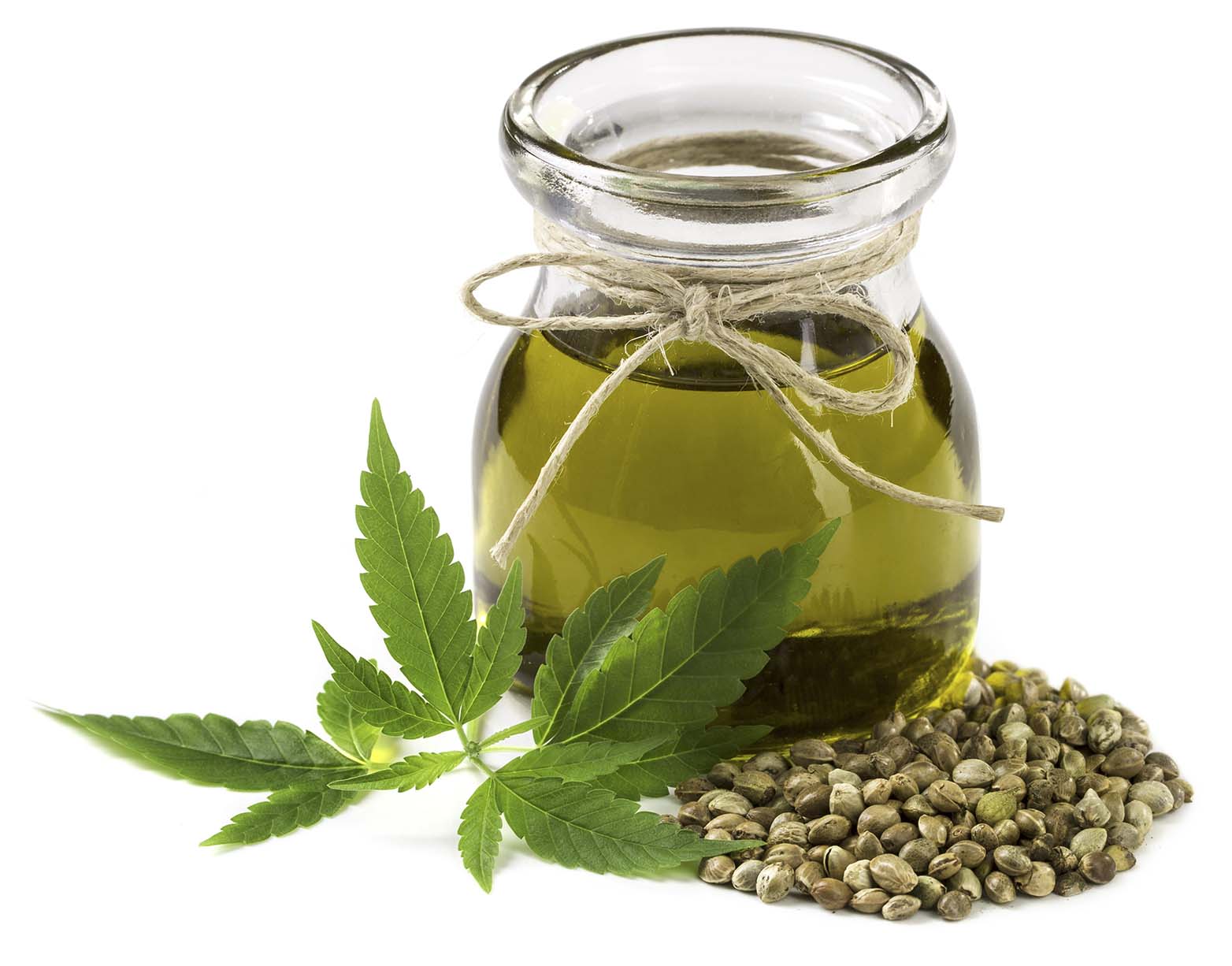
It's important to choose the best brand for hemp oil. Exhale Wellness has some of the most trusted brands, including R+Co, Royal CBD and CBDPure. Each brand has unique benefits and you need to make sure that the right one is right for you.
CBDPure
CBDPure hemp oil extracts high-quality CBD from hemp using a CO2 extraction method. This method preserves maximum CBD and minimizes any THC. These products are a better choice than any other company because they contain less THC.
CBDPure’s hemp oil comes from full-spectrum Hemp plants. This oil contains 33mg CBD per serving, making them one of the strongest available. Although this may seem excessive for some people, experienced users might find it to be sufficient. The CBD oil can also be purchased in soft gel capsules.

Royal CBD
Royal CBD, a Nevada-based premium CBD oil company, aims to be the benchmark for high-quality CBD oils. Their line of products includes full-spectrum CBD oil, THC-free gummies, and two different types of broad-spectrum topicals. You can get a sample of the oil or purchase several bottles to get the best deal. Consider the money-back guarantee as well as the company's social presence.
You should verify the CBD and other ingredients of any product you are considering buying before purchasing it. A company should be able to provide you with third-party lab reports if you want to make sure the product is free from unwanted substances. A company must also refrain from making exaggerated claims about CBD oil's potential benefits, such a hair-growing effect. Cannabidiol may be able to revitalize the hair and promote healthy hair growth. However, it won't cure skin diseases or treat broken bones.
R+Co
Hemp seed oil, a natural substance, has been shown to protect hair from damage and prevent it from breaking. It can also help thicken and repair hair. Although these claims have not been confirmed by science, it is possible to do some scientific research. Hemp seed oil could help you get thick and shiny hair without having to do any hair-care regimens.
Hemp seed oil is rich in stearic acids, which are known to provide natural conditioning for the hair. This acid helps make the scalp robust and supple. The scalp can be moisturized and cleaned with hemp seed oil. Hemp seed oil can also help reduce inflammation. This ingredient is found in many popular hair-care brands, including R+Co.

BudPop
BudPop offers a variety of products that can stimulate hair growth. BudPop's hemp-derived cannabis oil is a natural way to stimulate hair growth. In addition, the oil is rich in healthy ingredients including coconut oil and natural terpenes.
This brand is a specialist in hemp products. They only use the best hemp plants to produce their products. They source American-grown hemp for their raw materials, and partner with local growers to ensure they get the highest quality. They also guarantee their products' quality and promise a money back guarantee within 30 days.
FAQ
What does the future hold for the CBD Industry?
The future of CBD is bright. It is clear why so many people are getting on board with this industry. This market is expanding exponentially with CBD products being purchased globally at a total of $1 billion.
Statista reports that in 2019, global sales of CBD (cannabidiol) are expected to exceed $22.4 Billion. That's an increase of almost 200% from 2018!
It is also expected that the CBD market will grow at a compound annual growth of 22.5%. That would translate to approximately $6.8 million in revenue by 2020.
This is great news not only for existing businesses but also for companies looking to get into the sector. The CBD market is still young and may face challenges.
Which states use the most CBD?
California, Colorado, Oregon are the three most populous states. These states are home to large populations with high incomes and low unemployment rates. They also have higher concentrations of hemp farms than other states.
California leads the way because its economy is heavily based on agriculture. It produces most of the nation's vegetables and fruits. This is because cannabis is from the same source as hemp.
Oregon and Colorado are closely followed by Oregon, both of which produce marijuana for medical use. California and Oregon, however, don't allow recreational use of marijuana.
Other states that rank high include Washington, New York. Florida, Illinois. Pennsylvania. Mississippi.
What are some common mistakes that companies make when they enter the US cannabinoid market?
Not understanding the regulations for cannabis products is a first mistake. This could be a sign that your product formulation needs to be changed.
Unskilled labeling is the second. Know whether your product contains THC, CBD or both.
Thirdly, you should understand how to package your product correctly. If your product does contain THC, then you must ensure that it is packaged in child-resistant containers.
You can still use all the packaging laws even if your product contains no THC. Many states have legalized cannabidiol (CBD).
Finally, you should always keep track of any recalls on your products. If there is a problem with your product, it is important that you inform customers as quickly as possible.
Is CBD a good business to invest in?
As people learn more about the benefits of hemp-based products, the market for them continues to grow. By 2022, the market for hemp-based products will reach $1 billion.
It is also expected that the market will continue to grow at an annual rate exceeding 20% through 2020 when it reaches $2.5 Billion.
Hemp oil has been used in many beauty products and health care products including creams, lotions.
There are many companies that produce CBD-infused foods, snacks, pet food and dog treats.
CBD is currently legal across all 50 states. But, this may change in the near future. More research into CBD's potential uses will be done, which will make it easier for businesses and law enforcement to do business legally.
These factors make it clear that CBD investing can be a profitable venture.
How big is the global CBD market?
According to Euromonitor International, the global CBD market was worth $US 3.5 Billion in 2015. This represents a 10% increase from 2014.
The report forecasts this figure to reach $US 6.4 billion by 2020, representing an average annual growth rate of 12%.
CBD products will make up around half of all products derived from hemp by 2020.
This includes both CBD oils and other CBD products such as food, beverages, cosmetics, and pet care items.
Is the CBD market growing?
The answer is yes This growth is expected to continue as legalization expands across North America. Canada was the first country to legalize recreational cannabis use. Several states also have medical marijuana laws.
This trend will likely continue at least another ten years, as more states adopt legislation allowing medicinal marijuana.
Economically, legalizing marijuana makes economic sense. As well as providing a lucrative alternative market for farmers, there are many other benefits to legalizing pot.
It could reduce crime rates, by decreasing illegal drug availability. It could also provide a source of tax revenue for governments.
As legal marijuana is more popular, people may be less likely to smoke. This would mean fewer hangovers and lower health care costs.
In addition, marijuana might actually improve the quality of life for those who suffer from chronic pain. Many believe that THC, which is the active ingredient of marijuana, can help relieve muscle spasms and nausea from chemotherapy.
Finally, marijuana might become a valuable tool for treating mental illnesses such as depression and anxiety. Some studies even suggest that marijuana may be able to treat schizophrenia.
Even though the CBD industry looks promising, there are still many challenges to be overcome.
Statistics
- OralWhere HED is the human equivalent dose, and Km is a correction factor estimated by dividing the average body mass (BM) of the species (60, 0.020, and 0.150 kg for 11 humans, mice, and rats, respectively) and by its surface area (see: Nair et al. (ncbi.nlm.nih.gov)
- The inhibition of FAAH is predicted to lead to an increase in brain and plasma concentrations of AEA, which acts as a partial agonist at CB1R and CB2R, thereby increasing endocannabinoid tone [92, 110]. (ncbi.nlm.nih.gov)
- CBD seems unlikely to directly influence sleep in healthy humans [115] (and maybe “sleep-promoting” in those with certain comorbid conditions) (ncbi.nlm.nih.gov)
- A recent study [161] also found that in vitro CBD treatment (i.e., ≤ 2 h exposure to 10 μM) induced ~40% vasorelaxation in isolated (pre-constricted) (ncbi.nlm.nih.gov)
- As a substance that was federally illegal before the passage of the 2018 Farm Bill, hemp-derived cannabinoids with no more than 0.3% THC still face a regulatory grey area. (forbes.com)
External Links
How To
How to Get Certified for Selling CBD Products
One of many cannabinoids found within cannabis plants is CBD (cannabidiol). It has been used medicinally for centuries, even in South American countries like India, China, and China. Its ability to treat anxiety, pain and epilepsy has led to it becoming increasingly popular in recent years. The U.S. does not have an official certification program yet for CBD products. Therefore, anyone wanting to make a living selling CBD products must rely on their "unofficial" self-certification.
You have two options. The first is to join a local association of canna-business owners. You can get support and advice from other members while learning from them. There are currently many associations across the country. Another option is to go online. The majority of states allow cannabusinesses to be online. If this is the case, then you can establish your own website immediately and start accepting orders. But, you still need to register with your state's Department of Public Health. Once you have registered, it will be possible to apply for your license through the state's department public health. Once you receive your license, you're officially allowed to open your store and begin accepting orders.